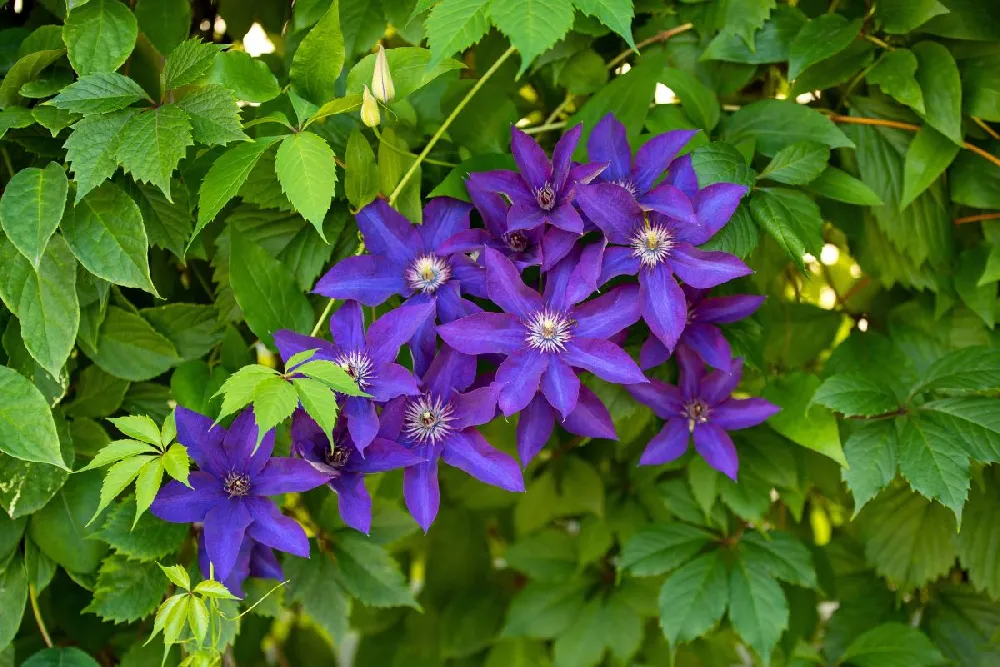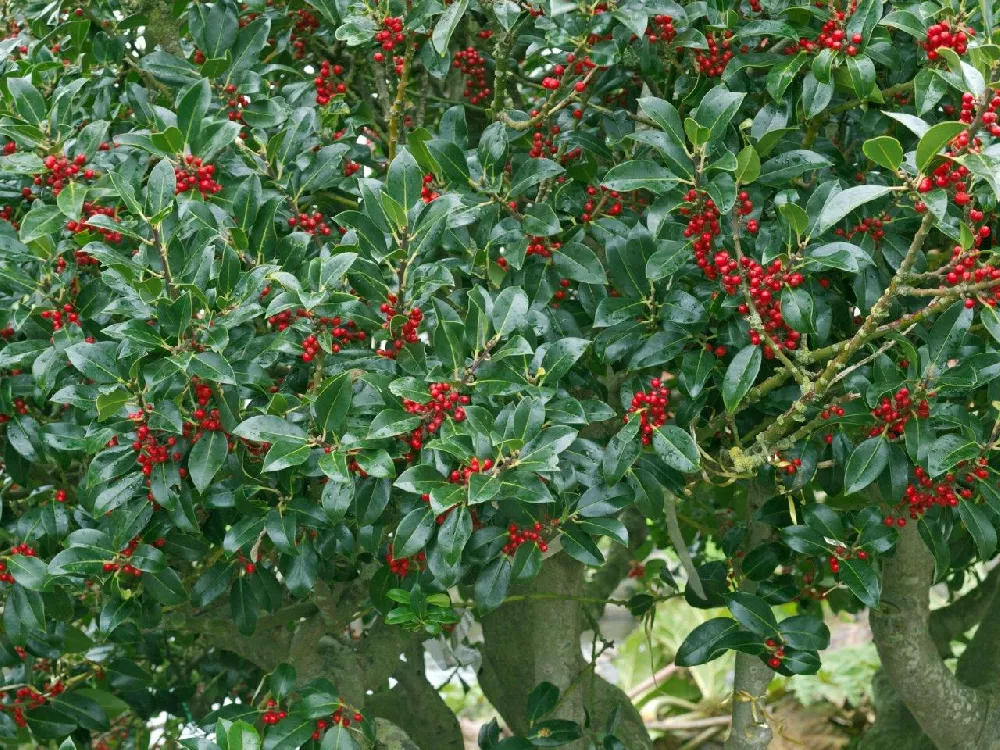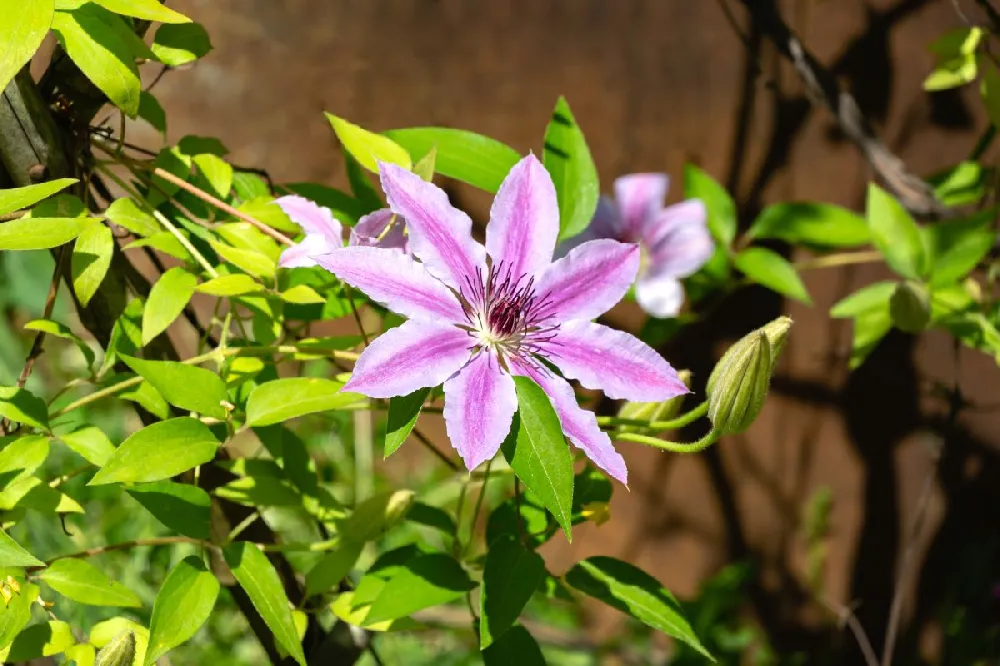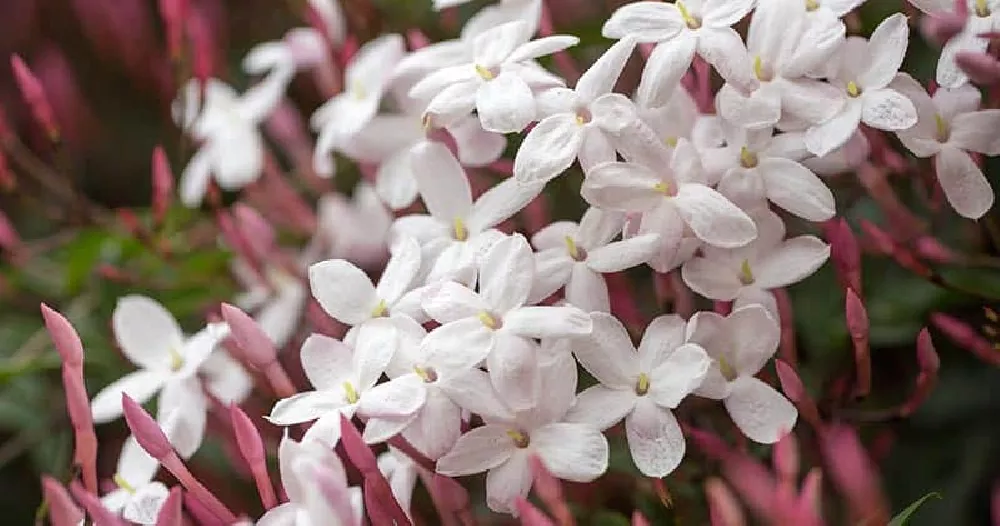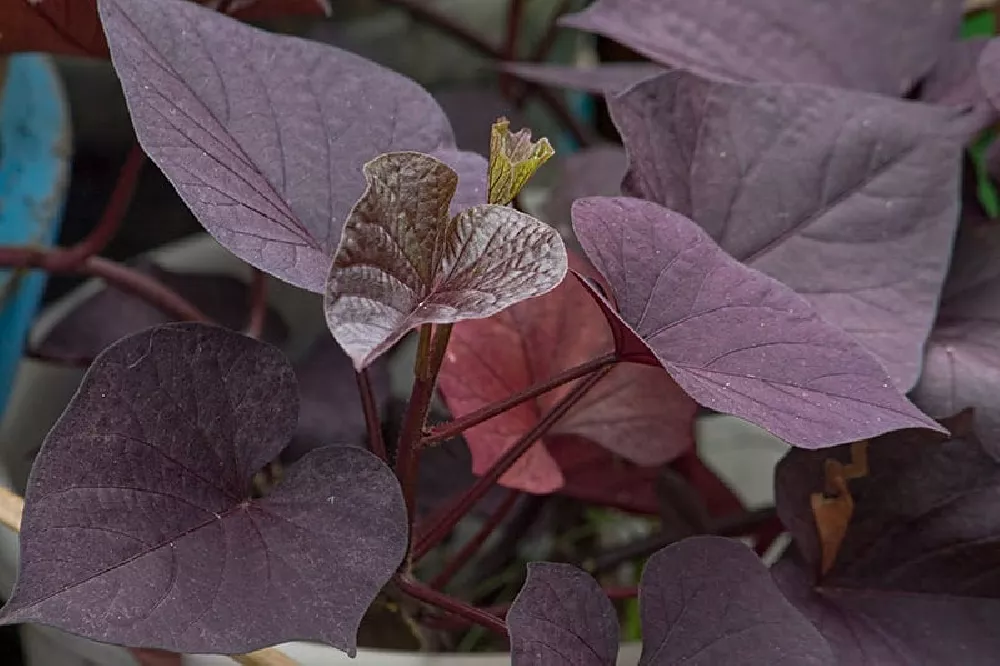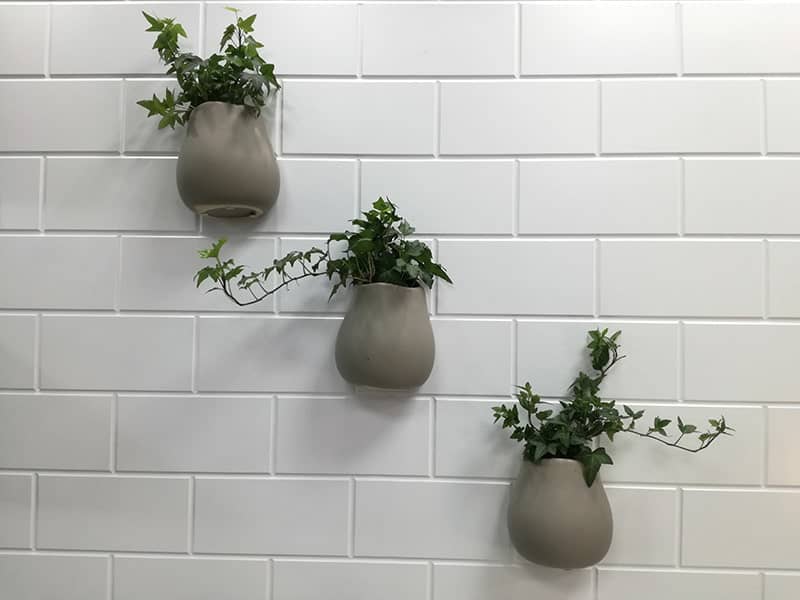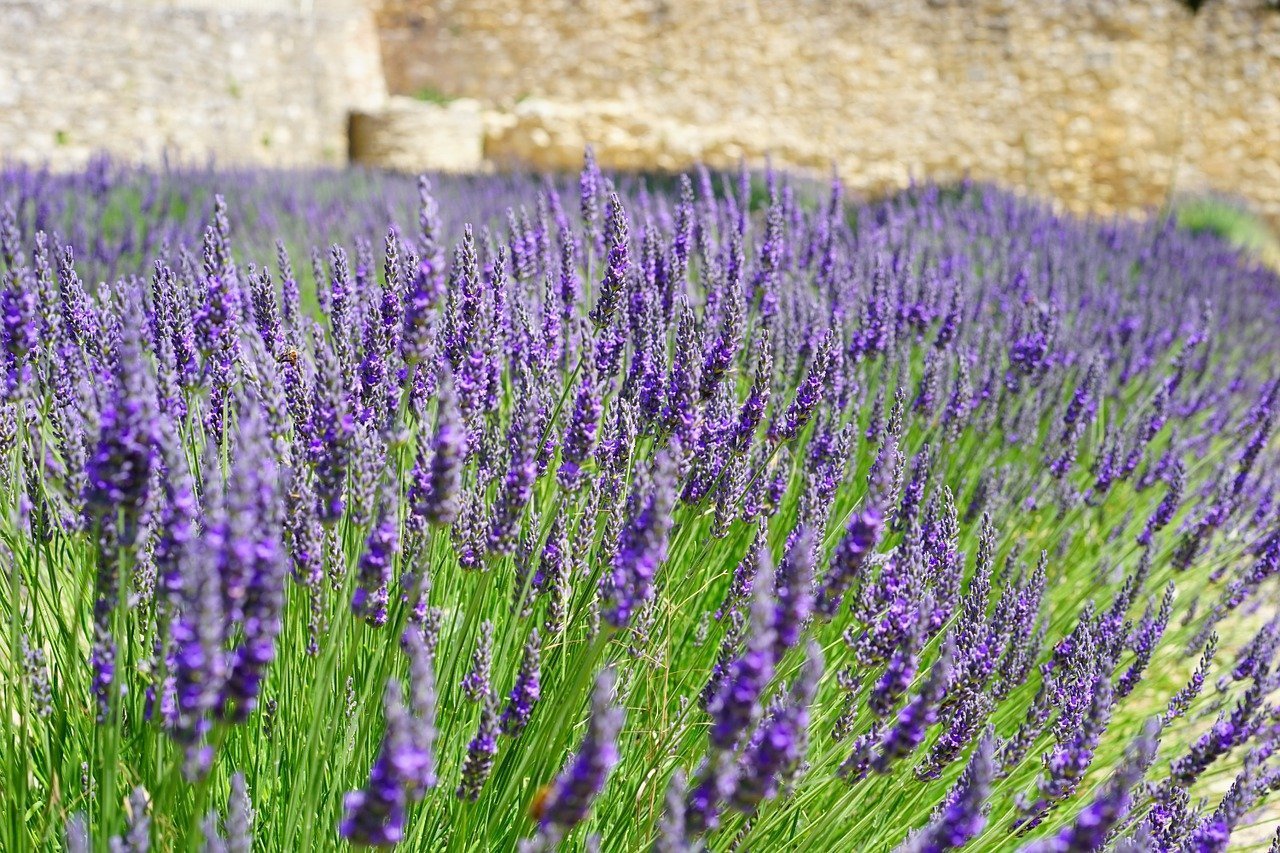- Home >
- Vines
Vines for Sale - Buying & Growing Guide
Filters
Price Range
Growing Zones
Plant Type
Flower Color
Sunlight
Mature Height
Plant Characteristics
17 Results
-
Growing Zone(s): 3-11 / 4-8$109.95
$144.95Save up to 24% -
Growing Zone(s): 7-10$36.95
$52.95Save up to 30% -
Growing Zone(s): 3-8$41.95
$59.95Save up to 30% -
Growing Zone(s): 4-9$54.95
$67.95Save up to 19% -
Best SellerGrowing Zone(s): 6-9$32.95
-
Growing Zone(s): 7-9$53.95
$67.95Save up to 20% -
Growing Zone(s): 4-9$99.95
-
Growing Zone(s): 7-10$70.95
-
-
-
-
Vines – Buying & Growing Guide
Whether you wish to find an attractive groundcover or invigorate the look of your garden structures, vines are one of the first categories of plants you should turn to. You'll be happy to know there are vines for nearly all climate zones and each carries a distinct appearance and charm.
Types of Vines
| Type | Growing Zones | Mature Height | Sun | Features |
| English ivy, Hedera helix | 4-8 | 6-8 inches | Full sun to shade: 2-8 hours | Trident leaves and grows as a vine or groundcover |
| Pothos, Epipremnum aureum | 10-12 | 15-20 feet | Partial Shade: 3-4 hours | Long trailing vine with variegated leaves |
| Honeysuckle, Lonicera sempervirens | 4-9 | 6-15 feet | Full sun: 6-8 hours | Grows to cover a large area and has trumpet-shaped flowers |
| Wisteria, Wisteria sinensis | 4-9 | 20-40 feet | Full sun: 6-8 hours | Fast-growing with drooping purple flowers |
| Bougainvillea, Bougainvillea | 9-11 | 20-30 feet | Full sun: 6-8 hours | Copious amounts of vibrant flowers |
| Morning glory, Ipomoea purpurea | 3-10 | 3-8 feet | Full sun: 6-8 hours | A light, manageable vine with pleasant, rounded flowers |
| Virginia creeper, Parthenocissus quinquefolia | 3-9 | 30-40 feet | Full sun to part shade: 4-8 hours | Groundcover or climbing vine with sets of five leaflets |
| Sweet potato vine, Ipomoea batatas | 9-11 | 6-12 inches | Full sun: 6-8 hours | Deep purple or vibrant green foliage with a unique shape |
| Boston ivy, Parthenocissus tricuspidata | 4-8 | 30-50 feet | Full sun to part shade: 4-8 hours | Three-pointed leaves, climb quickly, and decent fall color |
| Climbing rose, Rosa setigera | 5-9 | 5-20 feet | Full sun: 6-8 hours | Iconic rose flowers with a climbing habit |
How to Plant Vines
Plant vines in high-quality soil with adequate drainage and an abundance of organic nutrients. Those two factors will have an incredible impact on the future success of your vines. Take time to ensure you plant your vines in a hole wide enough to encourage horizontal root development. While many vines will grow vertically above the soil’s surface, their root systems still need space to spread laterally.
You should anticipate the space your vine will take up in the following seasons. Many vines grow quickly and vigorously. In response to that growth habit, give your vines ample room to expand in the coming years.
How to Grow Vines
- When. As is the case with many plants, ideally, plant vines when they are in their dormant phase. Plant them in early spring or wait until the fall.
- Where. When growing vines as a ground cover, give them plenty of nearby space they can spread into. If growing climbing vines, locate them near the base of a structure large enough to support years of healthy plant growth.
- How. Upon first planting a vine, you should rough up its root ball to allow the roots to spread outward rather than encircling each other. Then backfill your planting hole and provide water regularly.
How to Care for Vines
- Watering and nutrients. The multitude of genera to which vines belong implies each has specific needs regarding water and nutrients. Regardless, do not neglect to give your vines plenty of water after planting and set a fertilization schedule.
- Pruning. Prune away all parts of the plant that are damaged, dying, or otherwise unhealthy. If you grow climbing vines, be careful not to cut the parts of the vine that form the essential connection with the structure it climbs.
- Pollination. The numerous vine varieties imply multiple means of pollination. Most often, vines employ flowers to attract insects and birds.



